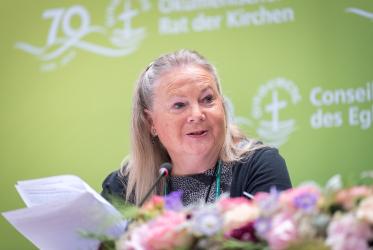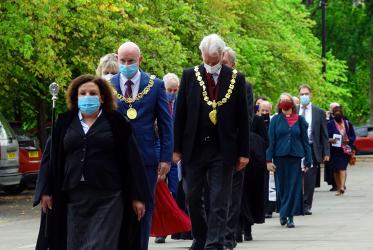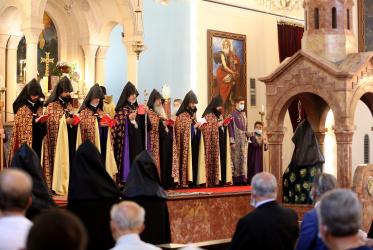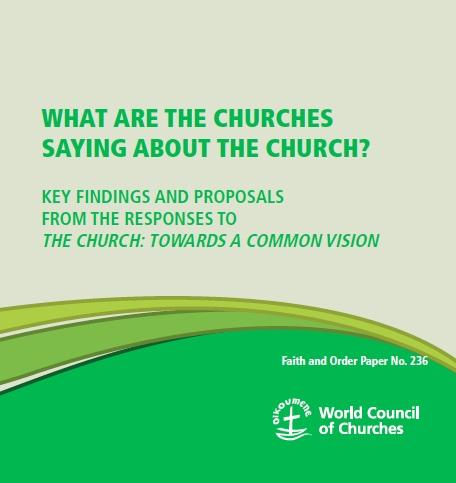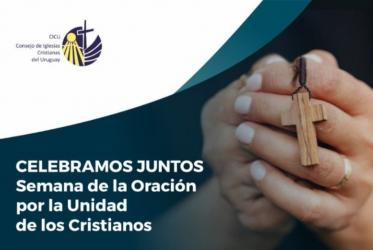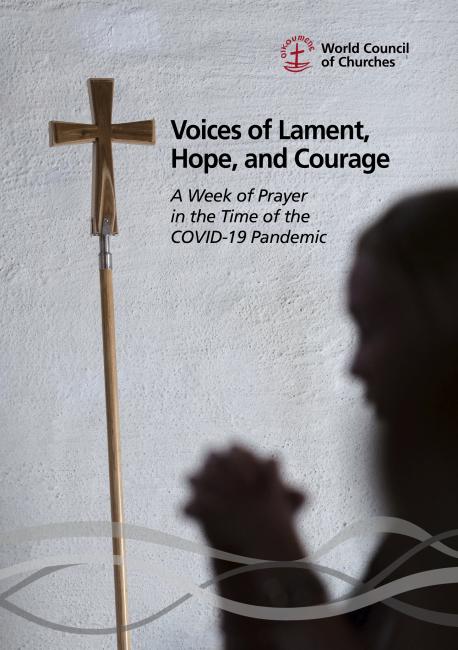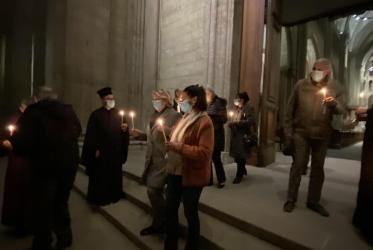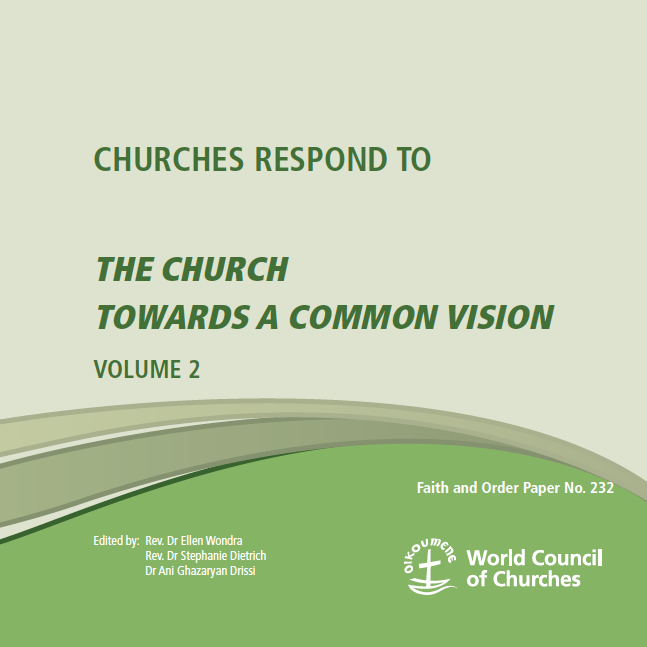Displaying 41 - 60 of 83
31 January 2022
Perkins names Dr Evelyn Parker as 2021 Distinguished Alumna
11 November 2021
What Are the Churches Saying About the Church?
Key Findings and Proposals from the Responses to The Church: Towards a Common Vision
21 June 2021
Voices of Lament, Hope, and Courage
A Week of Prayer in the Time of the COVID-19 Pandemic
18 March 2021
The ecumenical spirit at Calvin’s Cathedral
24 February 2021
Churches Respond To The Church: Towards A Common Vision Volume I
Faith and Order Paper No. 231
23 February 2021
Churches Respond To the Church: Towards a Common Vision Volume II
Faith and Order Paper No. 232
23 February 2021
Pray without ceasing!
04 February 2021
